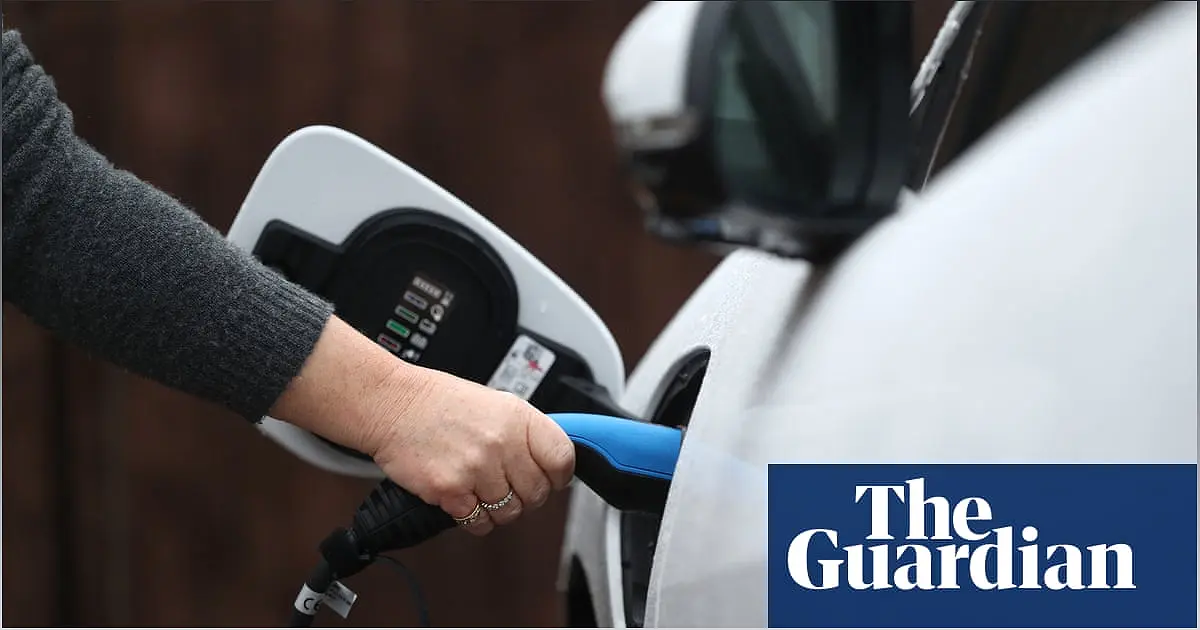Jaguar Land Rover (JLR), Britain's largest carmaker and owned by India's Tata, has reported record revenues of £13.8bn in the latest financial year. This impressive growth of 42% can be attributed to the strong demand for their Range Rover and Defender models, particularly in China. Despite facing fines related to the UK government's electric car targets, JLR expects to avoid most of them through the production of plug-in hybrid vehicles and overcompliance on the targets in later years. Let's delve deeper into JLR's remarkable performance and their strategies for meeting the evolving automotive landscape.
Record Revenues Driven by Strong Demand
Discover the key factors behind Jaguar Land Rover's record revenues and their success in meeting the strong demand for Range Rover and Defender models.
Jaguar Land Rover (JLR) has achieved record revenues of £13.8bn, marking a significant growth of 42% compared to the previous year. This exceptional performance can be attributed to the continued strong demand for their Range Rover and Defender models, particularly in the Chinese market.
The Range Rover SUV, Range Rover Sport, and the rugged Defender have been driving JLR's success, with these models capturing the attention of luxury car enthusiasts worldwide. The combination of style, performance, and off-road capabilities has made these vehicles highly sought after.
As the automotive industry evolves, JLR has successfully positioned themselves to meet the demands of consumers who seek both luxury and functionality in their vehicles. With their innovative designs and cutting-edge technology, JLR has solidified its position as a leader in the luxury SUV segment.
Navigating UK Electric Car Targets
Explore how Jaguar Land Rover plans to meet the UK government's electric car targets and the strategies they are employing to avoid fines.
JLR initially faced potential fines related to the UK government's electric car targets, which require 22% of total UK sales to be electric cars. However, the company expects to avoid most of these fines through the production of plug-in hybrid vehicles, which combine a petrol or diesel engine with a battery. These vehicles offer lower carbon emissions when regularly charged by users.
Furthermore, JLR plans to utilize overcompliance on the targets in later years to offset any non-compliance in the early years. This strategic approach allows JLR to gradually transition to electric vehicles while maintaining their market share and profitability.
By 2027, JLR aims to have 70% of their sales as battery electric vehicles, surpassing the ZEV mandate target of 38%. While the company currently offers only one zero-emission vehicle, the Jaguar I-Pace, they have plans to introduce more electric models in the coming years, including the highly anticipated electric Range Rover.
Future Outlook and Transition to Electric Vehicles
Learn about Jaguar Land Rover's future plans for electric vehicles and their commitment to a greener automotive industry.
JLR is investing £15bn in the gradual transition to electric vehicles, demonstrating their commitment to a sustainable and greener future. This significant investment will enable the company to develop and launch a range of electric models in the coming years.
The introduction of British-made batteries, provided by JLR's parent company Tata, will further enhance their electric vehicle offerings. These batteries are expected to be integrated into JLR's vehicles starting from late 2026, ensuring a seamless transition to electric powertrains.
With their ambitious plans and strong financial performance, Jaguar Land Rover is poised to play a leading role in shaping the future of the automotive industry, providing customers with innovative and sustainable mobility solutions.
Conclusion
Jaguar Land Rover's record revenues and strong demand for their Range Rover and Defender models reflect their success in the luxury SUV market. Despite the challenges posed by the UK government's electric car targets, JLR is strategically navigating the requirements through the production of plug-in hybrid vehicles and overcompliance in later years.
With their commitment to a greener future, JLR is investing in the transition to electric vehicles and plans to introduce a range of electric models in the coming years. By leveraging their expertise and innovative designs, JLR is well-positioned to shape the future of the automotive industry and provide customers with sustainable mobility solutions.

